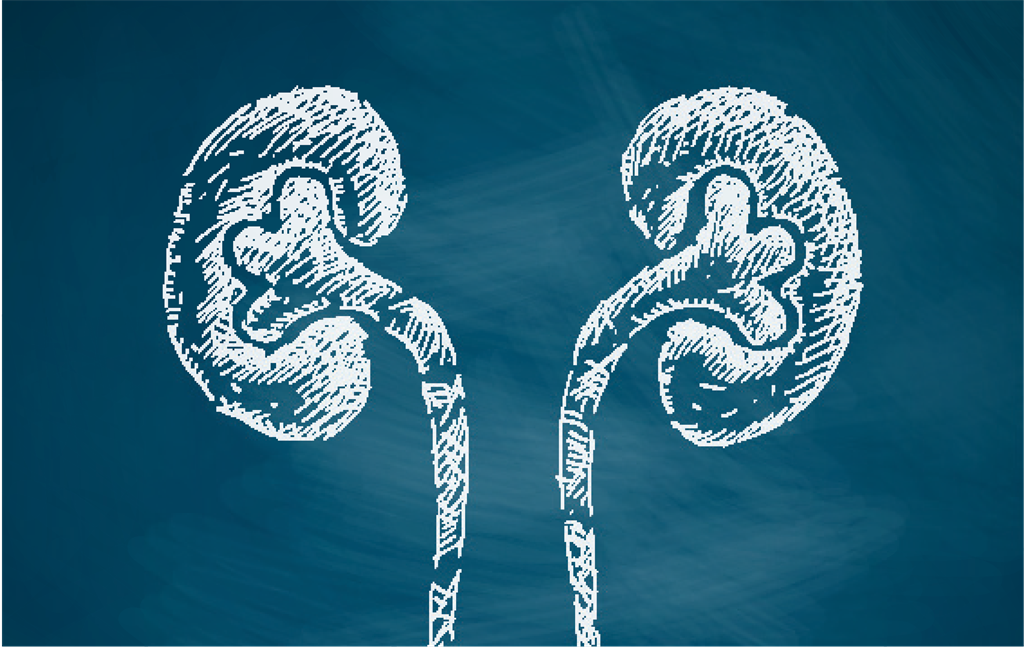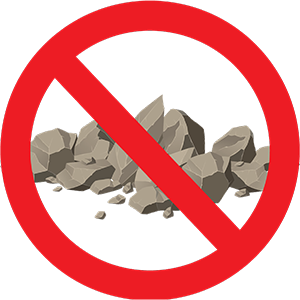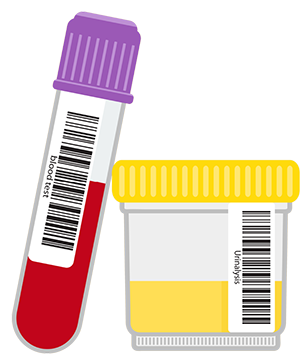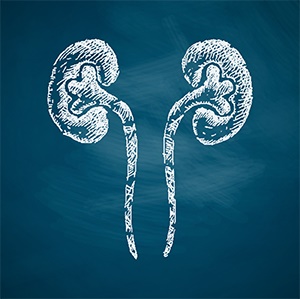
You feel like you’re on your deathbed. Waves of pain are attacking from every angle; in your side, below the ribs, your groin… it even hurts to pee.
Welcome to the hell that is kidney stones.
You will know it by its array of symptoms ranging from pain (pretty much everywhere), pink, red or brown urine, nausea, vomitting, and urinating more than usual. Don’t forget the agony that comes from urinating – intense agony.
Kidney stones form when waste materials in the urine don't dissolve completely. Starting as microscopic particles, they eventually grow into kidney stones, which remain in the kidney or break loose and travel down the urinary tract. Kidney stones form from excess salts in your body or your body's inefficient clearing mechanism. Other causes include bladder infections, dehydration and the accumulation of oxalic and uric acid. Uric acid is hard to dissolve and can easily lead to the formation of kidney stones.
Interestingly, some people have kidney stones that cause no pain at all, and are often only spotted when they’re examined by a doctor for other conditions.
About 80 percent of the stones are made up of calcium and vary from too small to be seen by the naked eye, to about 1.5cm in diameter. If the stones are not too large, they can be passed during urination, or they can be made smaller or dissolved by making the urine more alkaline. Sometimes large kidney stones need to be surgically removed.
Diet and kidney stone risk
Belying the common belief that calcium contributes to kidney stones, some studies have found that foods rich in the mineral may reduce your risk of getting the painful condition. Dietary calcium, wholegrains and vegetables all appear to lower the chances that you'll get kidney stones, while a high sugar intake may do the opposite.
The bad news is that obesity and being overweight are linked to a risk of stones. The more overweight a person, the more likely he will have kidney stones, says a University of Texas Medical Centre study. This is the first study to identify a direct link between excess body weight and uric acid kidney stones, which occur in about five percent of kidney stone patients, and in about 30 percent of diabetics with kidney stones.
The risk was higher in women than in men, according to another study published in the Journal of the American Medical Association.

No to stones
- Drink lots of water – up to 10 glasses per day. Water will dilute and flush away substances that form stones.
- Skimp on the sugar, salt and refined foods, and choose fruit, vegetables and wholegrain cereals.
- Eat less meat, fish and chicken as these foods increase the level of uric acid in the urine.
- Don't reduce your calcium intake significantly, unless you were eating excessive amounts.
- Lemonade could help prevent painful kidney stones, as it may increase the production of urinary citrate, a chemical in the urine that prevents the formation of crystals that may build up into kidney stones.
- If you have symptoms of a kidney stone, like pain, nausea and vomitting, blood in the urine, more frequent urination, fever or chills, see your doctor at once.

Good to know
Your doctor may do blood and urine tests, an ultrasound and possibly a CT scan or special X-ray called an IVP to confirm the diagnosis and decide on treatment. Most stones pass out of the body on their own.
Surgical treatment may be necessary if a stone is too large to pass, blocks the flow of urine, or causes infections, kidney damage or constant bleeding.





 Publications
Publications
 Partners
Partners











